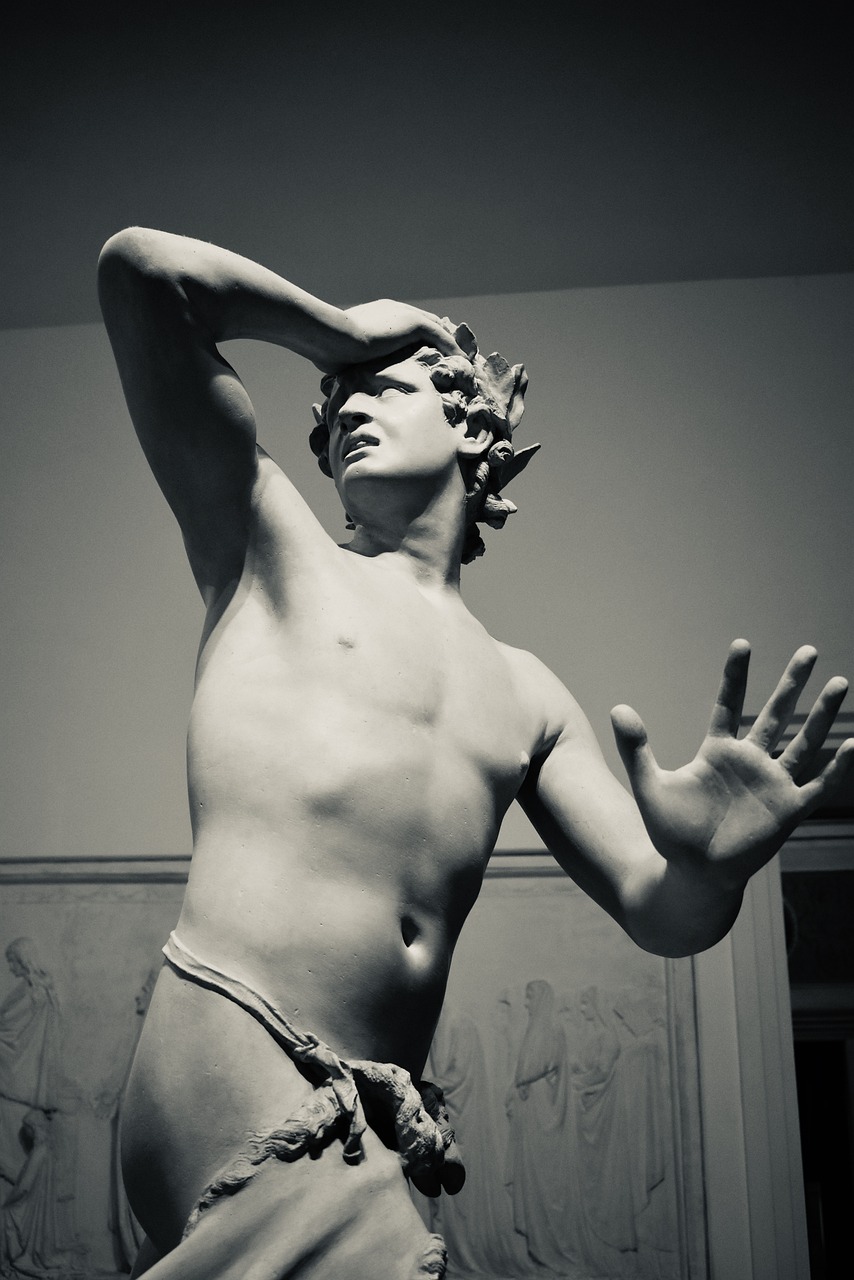The tale of Orpheus and Eurydice stands as a quintessential tragic love story, firmly entrenched in Greek mythology. Revered by artists such as Peter Paul Rubens and Nicolas Poussin, this narrative has inspired countless operas, songs, and theatrical performances, all celebrating the love of these two iconic figures who were robbed of the joy of their relationship. Throughout history, various interpretations of their story have emerged, with the earliest known account traced back to Ibycus, a Greek lyric poet from around 530 BC. Here, we present a synthesis of several adaptations.
Unraveling the Legend of Orpheus and Eurydice
The Virtuoso Musician
Orpheus was heralded as the greatest musician of the ancient world, believed to be the offspring of Apollo and the Muse Calliope. Residing in Thrace, located in northeastern Greece, Orpheus possessed a melodic voice capable of mesmerizing all who listened. As a child, he swiftly mastered the lyre, an instrument that would become synonymous with his name. Legends recount how even the very trees and rocks yearned to draw near to him, unable to resist his enchanting music.
His contributions were not confined to music alone. Some ancient texts attribute to him the introduction of agriculture, writing, and medicine to humanity. A seer and astrologer, he was also associated with numerous mystical rituals. The ecstatic sounds produced by Orpheus’s music were thought to encourage introspection, opening minds to extraordinary and metaphysical ideas.
Additionally, Orpheus displayed a penchant for adventure. He notably participated in the Argonauts’ quest for the Golden Fleece, using his music to lull the watchful dragon guarding it. His melodies also served to protect his fellow travelers from the Sirens, whose allure was lethal to sailors.
Instant Attraction
In his youth, Orpheus dedicated himself to music and poetry, honing his skills to a staggering level of proficiency. People and animals alike found themselves entranced by his talents. During one of his performances, he caught sight of Eurydice, a wood nymph of striking beauty and delicate shyness. Drawn together by the compelling power of Orpheus’s music, they soon fell deeply in love, finding it impossible to be apart. Their idyllic romance culminated in wedding plans.
The day of their nuptials arrived under a bright sky, marked by the blessings of Hymenaios, the deity of marriage, and celebrated with joyous festivities. As the sun set, a sense of tranquility enveloped the newlyweds, who left the celebration hand in hand, a feeling of eternal love enveloping them.
The Fatal Encounter
Tragedy soon overshadowed their joy when Aristaeus, a shepherd harboring envy towards Orpheus, set his sights on Eurydice. Concealed in the foliage, he awaited the opportune moment to strike. When the couple passed through the woods, Aristaeus lunged at them with malicious intent. In the chaos, Orpheus seized Eurydice’s hand, and they fled into the forest.
The chase seemed relentless, with Aristaeus pursuing them vigorously. Suddenly, Eurydice stumbled, her hand slipping from Orpheus’s grasp. Distraught, Orpheus turned to find her unresponsive, the color drained from her cheeks, as she succumbed to a fatal snakebite. The malevolent shepherd, realizing his futility, retreated, leaving Orpheus to grapple with his unimaginable loss.
A Desperate Quest
Orpheus was consumed by sorrow following the death of his beloved, each day a reminder of his profound grief. In his despair, he hatched a daring plan to descend into the Underworld and plead for Eurydice’s return. With the hope that his father, Apollo, could persuade Hades, the ruler of the Underworld, he set forth armed with only his lyre and voice.
No one opposed Orpheus as he ventured into the realm of the dead. Upon confronting Hades and Persephone, he poured forth his heart through song, compelling even the hardest hearts among the deities to feel compassion. Hades, moved by his sorrow, agreed to allow Eurydice to return but issued a critical warning: Orpheus must not look back at her until they reached the Upper World.
Filled with resolve, Orpheus began the ascent back to the land of the living, the thought of reuniting with Eurydice inspiring him. As he neared the threshold, he could sense her presence behind him. Overcome with emotion, he turned to embrace her, only to witness her vanishing back into the Underworld—she had not yet emerged into the light.
Orpheus was engulfed by despair, and upon his attempt to return to the Underworld, he found the gates closed against him, barred by Hermes at Zeus’s command.
The Tragic End of Orpheus
Left to wander in profound sorrow, Orpheus found no solace in the world. His zest for life evaporated, and in his grief, he withdrew from all companionship, dedicating his songs to lamentation. His music became a sorrowful echo of his lost love.
In time, a group of enraged women, incensed by his rejection, discovered him. In a fit of desolation, Orpheus offered no resistance, and they ended his life, dismembering his body and casting it and his lyre into a river. His head, along with the lyre, floated to the island of Lesvos, where the Muses found them and ensured he received a proper burial. Legend holds that even in death, his grave resonated with hauntingly beautiful melodies, and his soul finally reunited with Eurydice in the depths of Hades.
Parallels to Biblical Narratives
A closer examination of this myth reveals its similarity to the Biblical account of Lot. Both stories highlight the critical notion of “not looking back,” underscoring the consequences of disobedience.
In Genesis, as God prepared to destroy the sinful cities of Sodom and Gomorrah, Lot was instructed to flee without glancing back. Disobeying this command, Lot’s wife turned to witness the destruction, only to be turned into a pillar of salt, symbolizing the dire repercussions of defiance against divine will.



